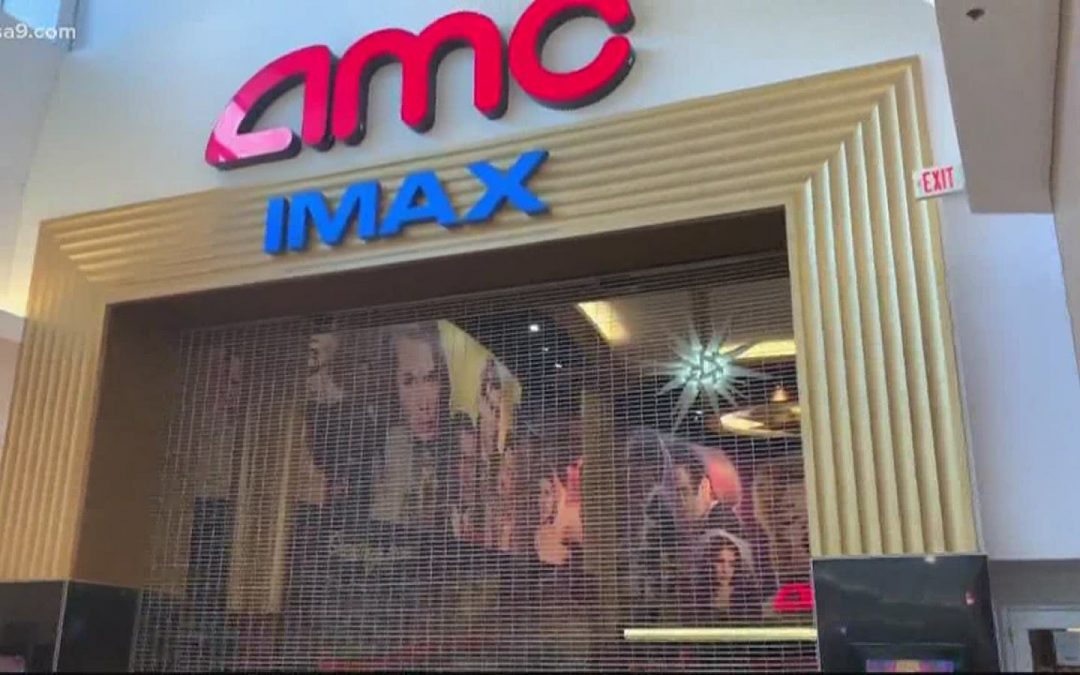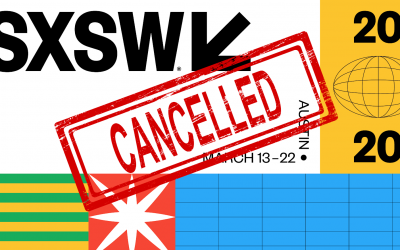Photo Credit: wusa9.com
Movie theaters have done just about everything to stay in business. They’ve reduced concession prices. They’ve brought back classic films that one might want to experience on the big screen for the first or thirtieth time. They’ve adopted any public health/safety protocol they could to present themselves as clean and disease-free locations. Yet despite these efforts, it’s still not enough. With the COVID-19 pandemic still going on throughout the United States, most major film releases pulled from theaters until further notice, and disease prevention mandates keeping theater auditoriums from completely selling out. The result is theaters facing a massive decline in revenue over most of the year.
Recent findings from the National Association of Theater Owners (NATO) have found that 96% of movie theaters in the United States have seen revenue decline by at least 70% compared to the previous year. With so many theaters, if not entire theater-owning companies, on the verge of bankruptcy, options are running low, which means many major chains are having to resort to the most desperate measure possible: ask the United States government to bail them out.
On Monday, November 9th, NATO sent a formal request to the United States Congress asking for the passage of legislation that would help theaters stay open until they could start showing more lucrative films on a regular basis. According to NATO, theaters are hoping for a national COVID-19 relief package to include at least $15 billion specifically for independent venues such as themselves. This proposal is referred to as “Save Our Stages”, and it is hoped that this amount will be able to keep theaters afloat for at least another year, during which they hope to achieve full economic recovery.
This request comes at a complicated time for the American government, as the recent national election has resulted in a transfer of power in the near future. On Saturday, November 7th, Democratic candidate Joe Biden was announced as the winner of the 2020 Presidential Election, defeating incumbent Republican candidate Donald Trump, and he will assume the position in January. This, combined with the Democratic Party retaining control of the House of Representatives and possibly gaining control of the Senate (if they are able to win the two runoff elections for Senate seats in Georgia, set to be held in January), would lead to an entirely different political party overseeing efforts against the Coronavirus.
While there’s certainly a possibility that the new Biden administration will agree to movie theaters’ requests and grant them the bailout money they need, theaters aren’t eager to wait that long and have instead attempted to appeal to the current Republican-controlled Congress, claiming that they need to be bailed out sooner than later regardless of who had control of the government. “Without bipartisan action now in the lame-duck session of Congress, hundreds of movie theaters will not make it,” claims NATO president/CEO John Fithian. “Local communities across the nation are and will be permanently damaged. This Congress and Administration still have a job to do.”
Government bailouts of major American corporations is nothing new, even when looking at recent history. In 2009, right after President Barack Obama was sworn into office, legislation for a national stimulus package was passed that included billions of dollars for the nation’s automobile industry (consisting of General Motors and other American car companies). However, that particular bailout was significantly different from what movie theaters are asking for. Not only is the automobile industry larger than the movie theater industry, but most would argue that the need for cars is much greater than the need for movie theaters, meaning that the government may feel it’s as necessary to bail out movie theaters.
Still, there is some hope for the Save Our Stages relief plan to be passed. One element that’s particularly noteworthy is the individuals who are sponsoring the bill: Republican Senator John Coryn of Texas and Democratic Senator Amy Klobuchar of Minnesota. Seeing that both of these senators are of opposing political parties, there is some potential for the legislation to receive support from both parties and be spared from the sharp partisanship that is dividing the Senate. That being said, a previous relief package that had been introduced prior to the recent election was unable to receive enough support from either Democrats or Republicans, and a lack of compromise has caused the legislation to go unpassed, and until a new Congress is sworn in this January, there’s little reason to believe that the current government will be able to make any satisfactory progress.
For movie theater owners though, having to wait will only do more harm than good. According to NATO, unless there is a staggering increase in theater attendance (unlikely considering that most major releases have been postponed indefinitely) or the government is able to quickly grant relief (also unlikely given the divided nature of the current Congress), at least 70% of theaters could be forced to file for bankruptcy, if not close their doors permanently. This may not be a big concern for those living in a metropolitan area like Seattle or Boston, but for those living in less densely populated areas, this could mean the loss of their one and only available movie theater.
It’s a very frustrating time for America, especially regarding the COVID-19 pandemic. On the one hand, many are looking forward to the upcoming Biden administration, and progress is being made on a potential Coronavirus vaccine. On the other hand, new cases of the disease are receiving rising numbers, and the pandemic may take another turn for the worse. Hopefully though, things will start to improve before they start to worsen, and hopefully, movie theaters will be spared from the economic collapse that the pandemic is making a possible reality.




